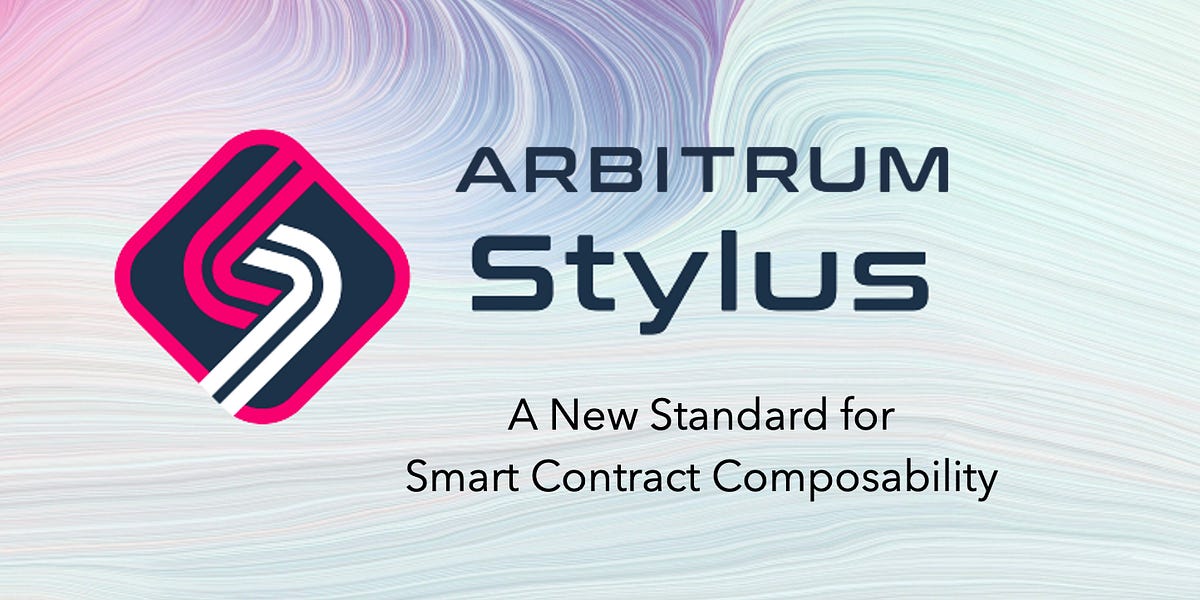Cargo Stylus is this cargo subcommand that lets you write smart contracts in Rust instead of Solidity, deploy them to Arbitrum as WebAssembly, and then spend your entire Saturday night debugging why wasm32-unknown-unknown keeps throwing error: could not find native static library even though you've installed the target four fucking times. Built by Offchain Labs, it's part of Arbitrum Stylus - a system that promises faster smart contracts but mostly just makes you question your career choices.

Look, instead of writing Solidity like a sane person, you write Rust that gets compiled to WASM and somehow runs on the blockchain. Sure, it's supposedly faster than regular EVM bytecode, but I've burned entire evenings figuring out why my perfectly good Rust code suddenly throws unsupported import errors when you target WASM. Turns out half the ecosystem just doesn't work in that cursed target.
Works with standard Rust tooling until it decides fuck you specifically. Version 0.6.3 is what we're stuck with - 0.6.4 came out but somehow made my binaries bigger so I rolled back. Rust toolchain compatibility is a complete nightmare. You'll hit weird WASM target compilation issues with error: cannot find crate for serde even though the dependency is sitting right there in Cargo.toml. I've spent 3 hours fighting with rustc 1.82 vs 1.83 because apparently minor version bumps break everything now.

What It Actually Does (When It Works)
Two-Step Deployment Hell: Cargo Stylus uses this insane two-step process where you first deploy the WASM bytecode, then activate it. Spent an hour staring at my deployed contract wondering why nothing would call it - turns out you need a second transaction to "activate" the damn thing. Because apparently one transaction was too simple. This is just how Stylus deployment works and it drives me up the fucking wall.
Pre-deployment Validation That Takes Forever: The cargo stylus check command runs your contract against live networks to catch errors before you waste gas. It's actually useful when it works, but I've spent 20 minutes watching Docker validation churn only to get Error: verification timeout with zero explanation. Grab coffee, take a nap, question your life choices - this shit takes forever.
Size Limit Nightmare: Your contract must be under 24KB after compression. Sounds reasonable until you realize half the Rust crates you want to use will blow this limit. Spend quality time reading optimization guides and questioning your life choices.
Cross-Language Calls: Rust contracts can call Solidity contracts and vice versa through ABI compatibility. This actually works well, assuming you get your contracts deployed in the first place.

Reality Check on Adoption

The Cargo Stylus repo has 76 GitHub stars. That shitty Vue component I threw together while drunk has 127 stars. The Stylus SDK sits at 297 stars, which in GitHub terms means "a few brave souls are actually using this." My weekend CSV parser has better community traction.
People are actually running this with real money, somehow. OpenZeppelin audited the SDK in 2024, so it's not completely insane to use. But expect to be debugging alone - Stack Overflow won't save you here. Most help comes from the Arbitrum Discord, where you'll wait hours for responses to basic questions.




